8 Helpful Tips for Speedy Tooth Extraction Recovery
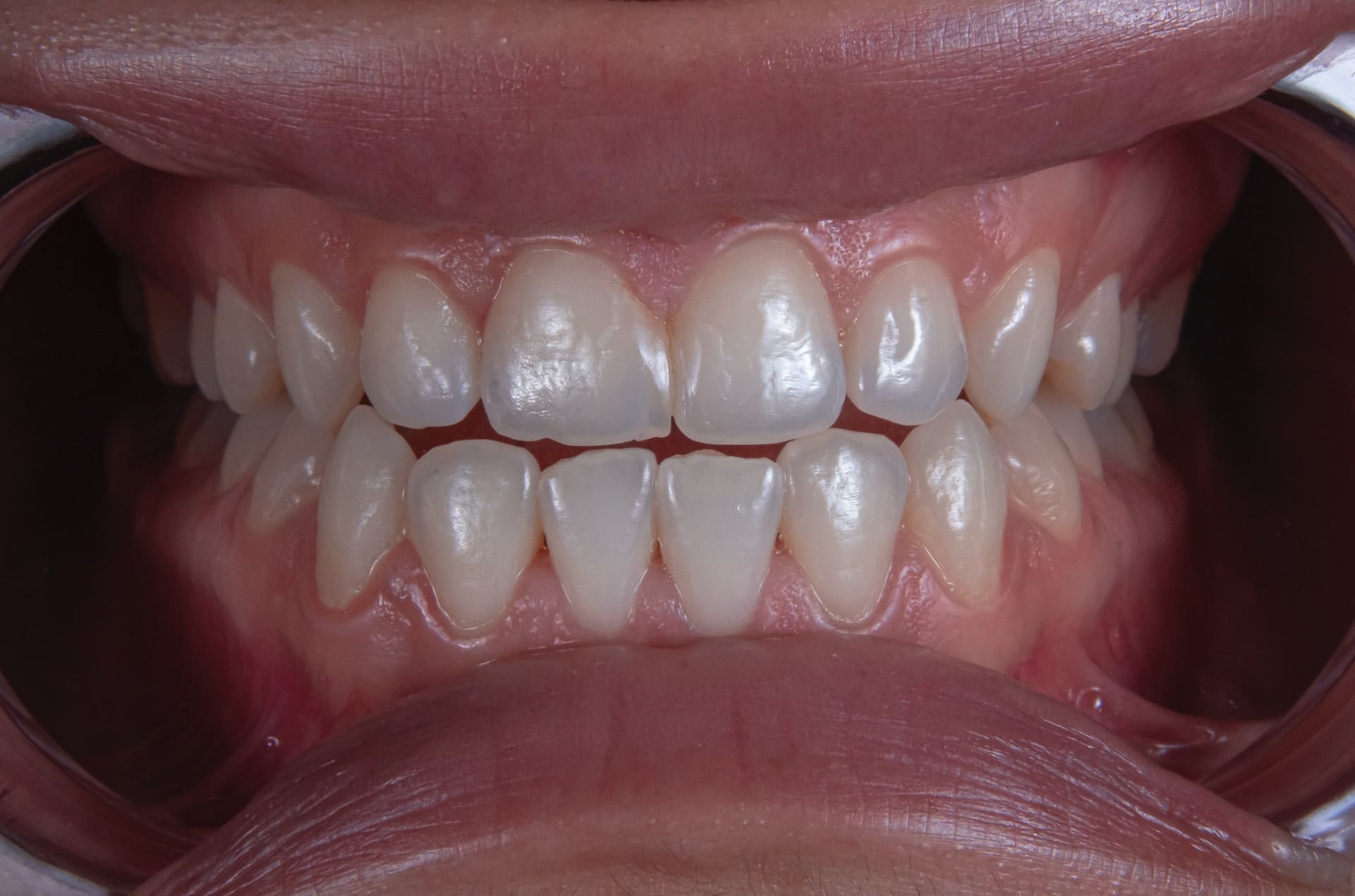
Tooth extraction is a common dental procedure that involves removing a tooth from its socket. This procedure may be necessary to relieve pain, prevent infection, or prepare for orthodontic treatment. After the extraction, it is important to take proper care of the area to ensure a fast and smooth recovery.
In this article, we will discuss some tips for faster tooth extraction recovery.
Why Should Dental Patients Consider Contouring and Reshaping?
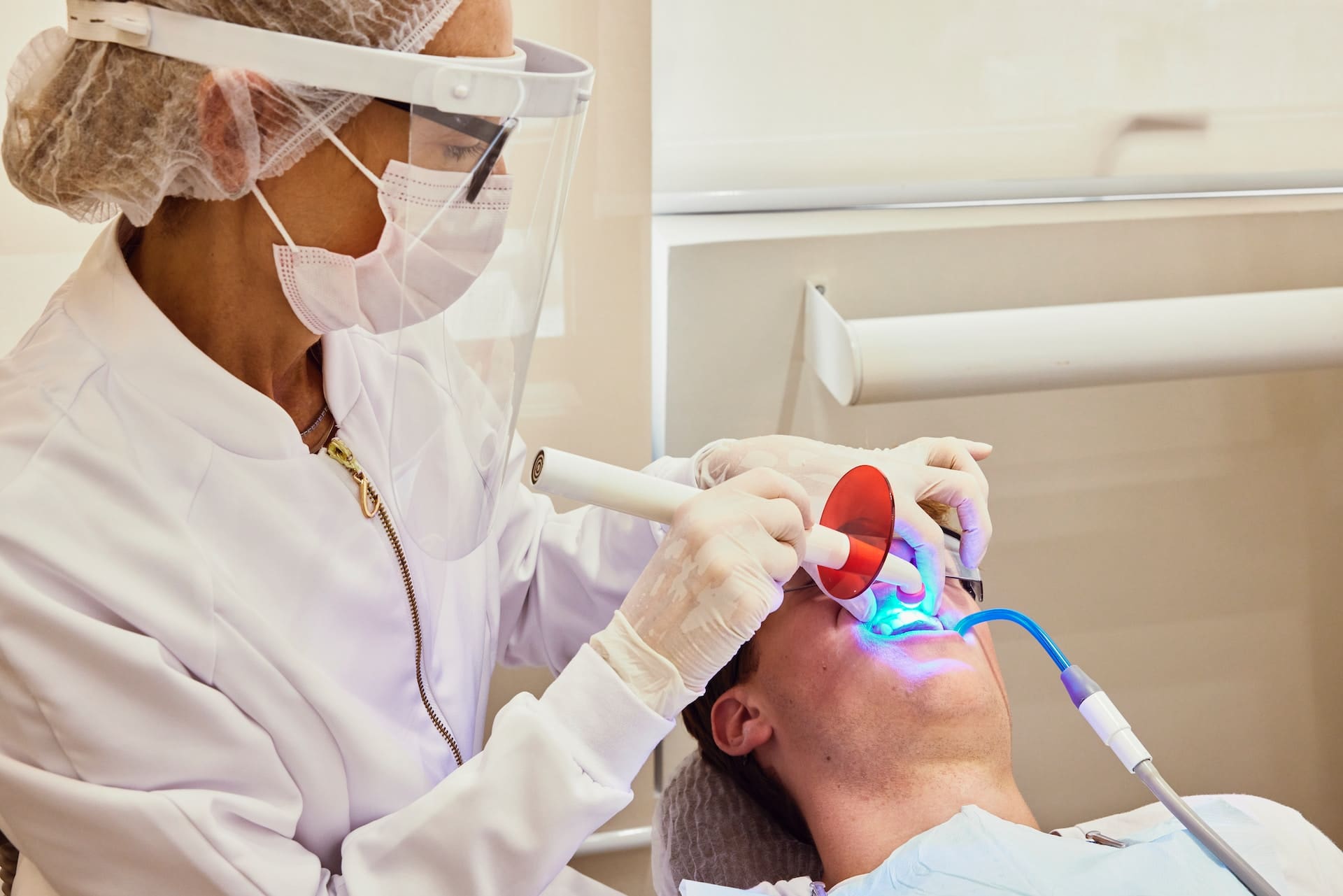
Dental contouring and reshaping is a cosmetic dental procedure that involves removing small amounts of tooth enamel to improve the appearance of teeth. The process often involves other cosmetic dentistry procedures, such as teeth whitening or veneers. As a result, patients walk out of the dental office bearing a new and better smile.
Dental contouring and reshaping is a minimally invasive procedure that can be completed in a single visit to the dentist. The process requires no anaesthesia, and no recovery time is needed. Patients can leave the dental office with a more attractive smile in just one visit. But why should dental patients consider the procedure? Here are some ideas.
1. Ensures Symmetrical Appearance
One of the primary benefits of dental contouring and reshaping is that it helps to ensure a symmetrical appearance. Uneven teeth can make a person’s smile appear lopsided and unbalanced. Meanwhile, the face can also look crooked from the front. Dental contouring and reshaping can help correct this issue by removing small amounts of enamel from the teeth that are longer or more prominent, bringing them into proportion with the rest. As a result, people can ensure their face boasts a symmetrical appearance.2. Improves the Smile
Dental contouring and reshaping can also improve the overall appearance of a person’s smile. Patients who have small chips, cracks, or other minor imperfections in their teeth can benefit from this procedure. Patients can also do different strategies to improve broken smiles fully. By reshaping the teeth and removing small amounts of enamel, these imperfections can be made less noticeable, resulting in a more attractive smile. Therefore, people who have been in accidents or have bitten something hard with their teeth can come and get them fixed.3. Corrects Teeth Imperfections
In addition to correcting chips and cracks, dental contouring and reshaping can also be used to repair other imperfections in the teeth. For example, teeth that are slightly overlapping or crooked can be reshaped to create a more even and uniform appearance. It can be especially beneficial for patients who do not want to undergo more invasive orthodontic treatments, such as braces.4. Evens Out Cracks and Chips
Dental contouring and reshaping can also be used to even out chips and cracks in the teeth. Small chips and cracks can be smoothed out and made less noticeable by removing small amounts of enamel from the surrounding teeth, which can be especially beneficial for patients with minor dental injuries, such as falls or accidents.5. Prevents Tooth Decay and Gum Disease
Another benefit of dental contouring and reshaping is that it can help to prevent tooth decay and gum disease. By removing small amounts of enamel from the teeth, the dentist can smooth out rough areas where plaque and bacteria accumulate. The procedure can make it easier for patients to maintain good oral hygiene and prevent the development of cavities and gum disease.Conclusion
Dental contouring and reshaping is a simple and effective cosmetic dental procedure that can help patients achieve a more attractive smile. The process can be completed in a single dentist visit, and no recovery time is required. Patients interested in improving their teeth’ appearance should ask their dentist whether dental contouring and reshaping are proper. With the help of an experienced cosmetic dentist, patients can achieve a more symmetrical, attractive smile in just one visit. Looking for top-notch cosmetic dentists and dental specialists in Weston, MA? Look no further than Weston Dental Specialists Group! We are OPEN and ready to serve you with all your dental care needs, including dental bridges and other restorative procedures. Don’t wait any longer to get the smile you deserve. Contact us today to schedule your appointment!7 Crucial Things You Must Know about Teeth Whitening
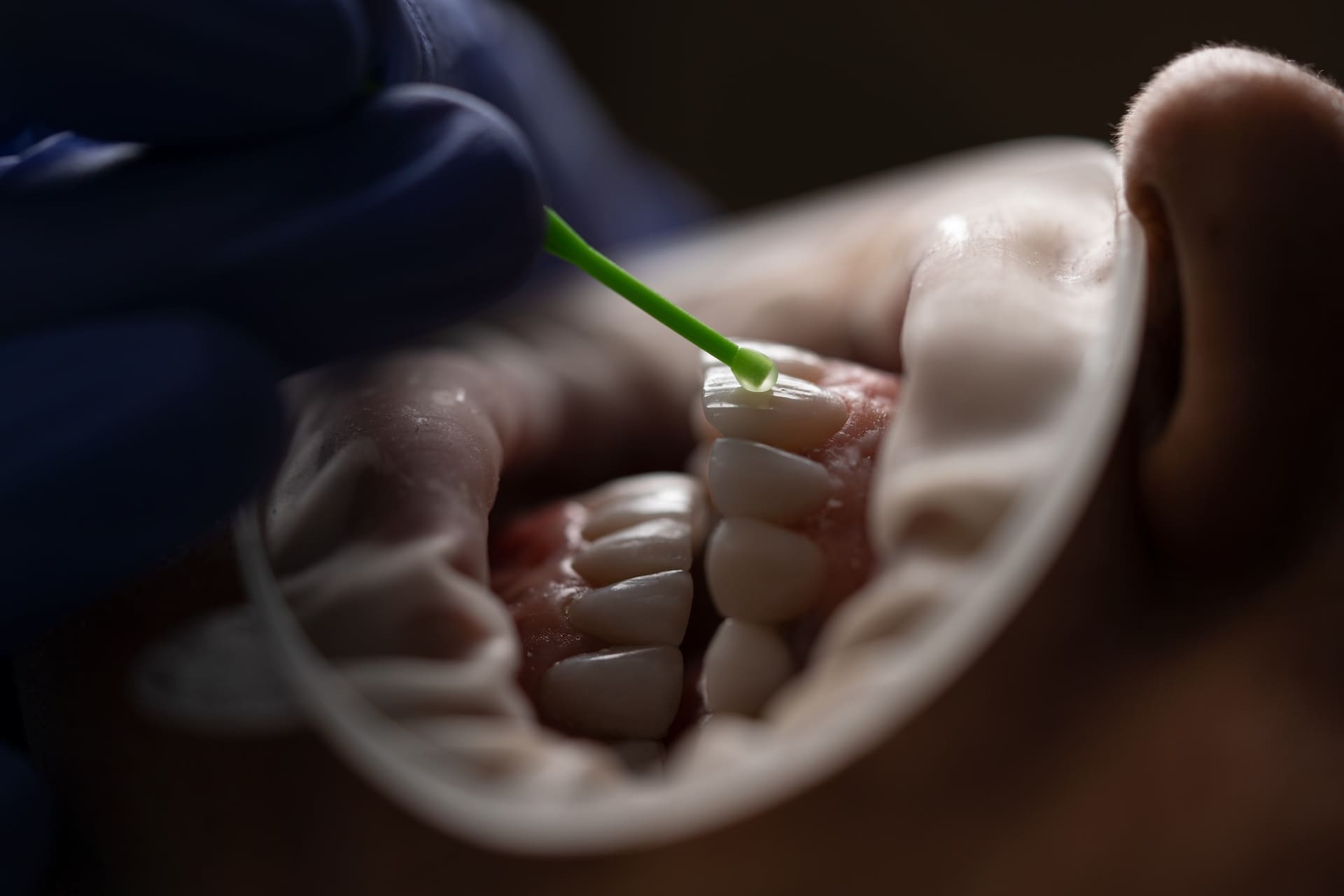
Teeth whitening has become increasingly popular over the years as people seek to improve their smiles and boost their confidence. With so many teeth whitening options available, it is essential to know what you’re getting into before starting any treatment.
In this article, we will discuss seven crucial things you must know about teeth whitening to ensure you make an informed decision about which method is right for you.
1. Teeth Whitening Is Safe
When done correctly, teeth whitening is a safe and effective way to improve the appearance of your smile. Most teeth whitening products contain hydrogen peroxide or carbamide peroxide, which are safe for use in the mouth. These ingredients work by breaking down and removing stains on the tooth enamel, resulting in a whiter appearance. It is crucial to follow the instructions provided with any teeth whitening product and consult with a dental professional if you have any concerns.2. Teeth Whitening Treatment Results Don’t Last Forever
While teeth whitening treatments can provide impressive results, they are not permanent. Over time, teeth will naturally accumulate new stains from food, drinks, and other factors. To maintain your newly brightened smile, you may need to undergo touch-up treatments periodically. The frequency of these touch-ups will depend on your lifestyle habits and the specific whitening treatment you choose.3. Teeth Whitening Takes Time
The duration of teeth whitening treatments varies depending on the method and the desired results. Over-the-counter products like whitening toothpaste and strips can take several weeks to show noticeable results. At the same time, professional in-office treatments can provide more immediate results within one or two sessions. It is essential to be patient and expect a smooth process, as this can lead to overuse of whitening products, which may cause harm to your teeth and gums.4. Teeth Whitening Is Not for Everyone
While teeth whitening can provide excellent results for many people, it is not suitable for everyone. Individuals with gum disease, tooth sensitivity, or worn enamel may not be suitable candidates for teeth whitening treatments. Additionally, pregnant and breastfeeding women should avoid teeth whitening, as the safety of these treatments during pregnancy or breastfeeding is not well understood. It is essential to consult with a dental professional before undergoing any teeth whitening treatment to ensure it is appropriate for your situation.5. Teeth Whitening Treatments May Come with Side Effects
Some individuals may experience side effects from teeth whitening treatments, including tooth sensitivity and gum irritation. These side effects are generally mild and temporary, but it is essential to be aware of them before beginning any teeth whitening treatment. If you experience severe or prolonged side effects, consult with a dental professional for advice.6. Teeth Whitening May Not Work on Dental Restorations
Teeth whitening treatments are designed to work on natural tooth enamel and may not provide the desired results for individuals with dental restorations such as crowns, veneers, or fillings. In some cases, these restorations may need to be replaced to match the new shade of your whitened teeth. Consult with a dental professional to discuss your options if you have dental restorations.7. Teeth Whitening Should Not Be Done Too Often
Overuse of teeth whitening treatments can damage your teeth and gums. It is essential to follow the instructions provided with any teeth whitening product and consult with a dental professional to determine the appropriate frequency of treatments for your specific situation. Overdoing teeth whitening can increase tooth sensitivity, enamel erosion, and gum irritation.Final Thoughts
Teeth whitening can be a safe and effective way to improve your smile and boost your confidence. However, it is essential to know the potential risks, side effects, and limitations of teeth whitening treatments. By understanding these seven crucial things about teeth whitening, you can make an informed decision about which treatment is right for you. For the best teeth whitening treatments, work with us at the Weston Dental Specialists Group. Schedule an appointment at our dental office in Weston, MA, to get started with your preferred cosmetic procedure!Driving Home after Tooth Extraction: What to Consider

If you have recently undergone a tooth extraction, taking the necessary precautions while driving home is essential. Driving after a dental procedure can be risky, and ensuring you are safe and comfortable on your way home is crucial. Here are some important things to consider when driving home after a tooth extraction from your cosmetic dentist.
The Dental Sedation Injected
Extracting one’s tooth involves using local anesthetics or dental sedation to numb the area and minimize pain during the procedure. It is important to know the type and strength of the sedation injected, as some can cause drowsiness, dizziness, or impaired motor skills that can affect your ability to drive safely. For example, if you have been injected with local anesthesia for a simple tooth extraction, you may be able to drive home after the procedure safely. However, if you have undergone a more complex extraction that required general anesthesia, you should not drive for at least 24 hours after the procedure. This is because the anesthesia can take some time to wear off, and you may feel drowsy or dizzy. Driving while feeling drowsy or dizzy can be dangerous, and it is best to avoid it. In this case, have a friend or family member take over the driving duties, allowing you to rest and recover from the procedure. You should also inform your companion about your condition, so they can drive in a way that is comfortable for you.Age and Health
While most tooth extraction procedures are relatively safe, certain age and health factors may affect your driving ability after the procedure. For example, suppose you are elderly or have a pre-existing medical condition. In that case, you may be more vulnerable to the effects of anesthesia and may need more time to recover before driving. Additionally, older adults may take longer to heal after a tooth extraction, and those with certain health conditions may be at higher risk of complications such as infection or excessive bleeding. Hence, follow your cosmetic dentist’s post-operative instructions carefully and arrange for transportation home from the procedure if necessary.Pain Medication
Painkillers can cause drowsiness and make it difficult to concentrate on the road. If you take pain medication, avoid driving and ask someone to drive you home. Additionally, you should not consume alcohol or smoke after the procedure. This is because alcohol and smoking can increase your risk of bleeding and delay the healing process. Avoiding these substances for at least 24 hours after the procedure is best. Remember, driving home after tooth extraction can be a stressful experience. Feeling anxious or nervous after dental surgery is natural since it can be painful and uncomfortable. Take it easy and rest for the first few days after the extraction. Your dentist may also recommend a soft diet and avoiding strenuous physical activity until you fully recover.Final Thoughts
Driving home after a tooth extraction requires careful consideration and planning. Always follow the instructions provided by your cosmetic dentist or oral surgeon, including taking pain medication as directed and refraining from eating or drinking for a specified period. By abiding by these precautions, you can ensure a safe and comfortable ride home after your tooth extraction. Looking for a cosmetic dentist who can enhance your smile? Look no further than Weston Dental Specialists Group! Our team of experienced and skilled cosmetic dentists can help you achieve the perfect smile you’ve always wanted. Book your appointment today, and let us help you achieve your dental goals!Caring for Your New Dental Filling: Tips for a Healthy Smile
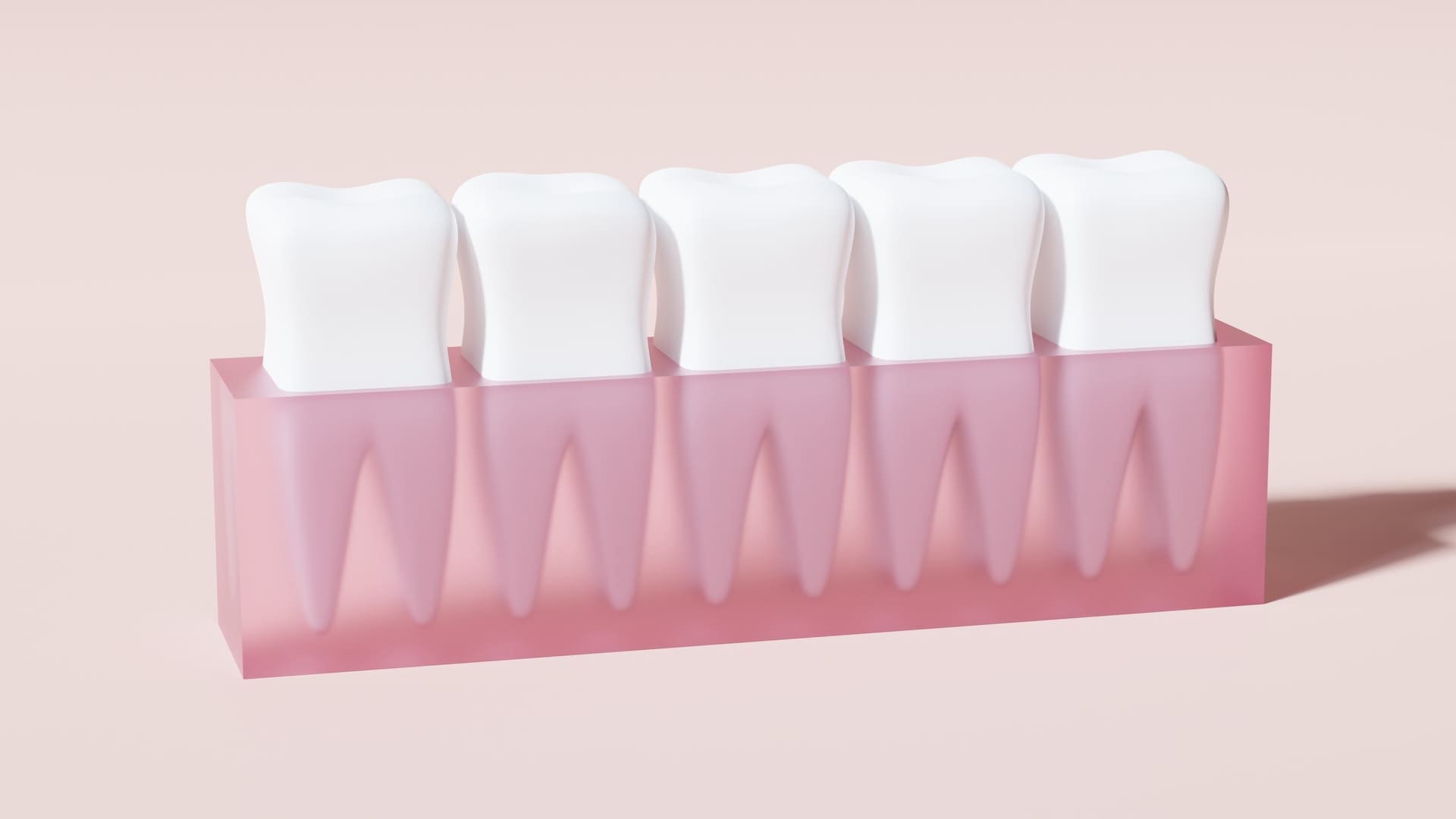
Dental fillings are a standard restorative dental treatment for repairing teeth damaged caused by trauma or decay. After receiving a new filling, it is imperative to care for your teeth to ensure the filling lasts as long as possible and to maintain good oral health. This article will provide you with aftercare tips for your new dental filling.
1. Avoid Hard and Sticky Food
Your tooth may be sensitive and tender after a filling, so avoiding hard and sticky foods for at least 24-48 hours is best. These types of foods can damage your new filling or cause it to dislodge. Instead, opt for soft foods like soup or yogurt.2. Practice Good Oral Hygiene
Brush and floss twice daily to maintain good oral hygiene. Be gentle when brushing around the filling to avoid damaging it. A soft-bristled toothbrush will help prevent decay and strengthen your teeth.3. Use Fluoride Mouthwash
Rinsing with a fluoride mouthwash can help prevent decay and strengthen your teeth. It is especially important after receiving a new filling. Consult your dental professional on which fluoride mouthwash to use.4. Avoid Grinding Your Teeth
Grinding your teeth can damage your new filling or cause it to dislodge. If you tend to grind your teeth, see a dentist about getting a mouthguard to wear at night.5. Monitor for Any Signs of Problems
If you experience any pain or sensitivity around the filling, or if the filling feels loose or broken, contact your dentist immediately. Putting off treatment may lead to further damage and more complex dental work.6. Attend Regular Dental Check-Ups
Regular dental check-ups are necessary to maintain good oral health and ensure your filling is in good condition. Your dentist can monitor the filling and detect any potential problems.7. Avoid Smoking
Smoking can weaken teeth and increase the risk of decay and gum disease. It can also stain your teeth and cause bad breath. If you smoke, think about quitting the habit to improve your oral health and well-being.8. Limit Sugary and Acidic Food and Drinks
Consuming sugary and acidic food and beverages will erode your teeth and increase the risk of decay. Limit your intake of sugary sodas, sports drinks, and candy. Instead, opt for water or milk and choose fresh fruits and vegetables for snacks.9. Use a Straw
Using a straw when drinking acidic or sugary beverages can help minimize contact with your teeth, reducing the risk of erosion and decay. A straw can limit the exposure of your teeth to harmful substances found in these drinks.10. Report Any Problems to Your Dentist
If you have problems with your dental filling, such as pain, sensitivity, or a loose filling, report them to your dentist at once. Early treatment can prevent further damage and ensure your filling stays in good condition.In Summary
Caring for your new dental filling will ensure it lasts as long as possible and maintain good oral health. Avoid hard and sticky foods, practice good oral hygiene, use fluoride mouthwash, avoid grinding your teeth, monitor for any signs of problems, attend regular dental check-ups, avoid smoking, and limit sugary and acidic foods and drinks. With these tips, you can keep your dental filling in shape and maintain a healthy, happy smile. Weston Dental Specialists Group offers a wide range of dental services, including dental fillings, to help you maintain a healthy and beautiful smile. Our cosmetic dentists and hygienists are dedicated to offering the highest quality dental care in a comfortable and friendly environment. Call (781) 894-0347 to book a dental appointment.Do You Need a Dental Crown? Look Out for These 7 Signs

A dental crown is a tooth-shaped cap placed over a damaged tooth to restore its shape, size, and overall appearance. It serves as a protective cover, preventing further damage to the tooth while also improving its aesthetics.
When it comes to cosmetic dentistry, dental crowns play a crucial role in enhancing the overall appearance of one’s smile. If you are experiencing any dental problems, it is essential to consult with cosmetic dentists who can provide expert guidance and treatment options.
In this article, we will explore seven signs that may point to the necessity of a dental crown.
1. Cracked or Broken Tooth
A cracked or broken tooth can be quite painful and may lead to severe dental issues if left untreated. If your tooth has large fractures or significant portions missing, a dental crown may be necessary to protect the remaining tooth structure and prevent further damage. Cosmetic dentists often suggest dental crowns in these cases to restore the tooth’s function and appearance.2. Extensive Tooth Decay
Tooth decay that extends deep into the tooth’s structure may necessitate a dental crown. In cases where a filling is not sufficient to restore the tooth’s integrity, a dental crown can be used to cover and protect the tooth from further decay. This not only helps to preserve the tooth but also improves its appearance, allowing you to maintain a healthy and confident smile.3. Root Canal Treatment
Following a root canal treatment, the tooth’s structure can become weakened due to the removal of infected pulp. A dental crown is often recommended after root canal therapy to provide additional support and protection to the tooth. This helps to ensure the tooth’s long-term health and maintain its natural appearance.4. Severe Tooth Wear
Teeth can become worn down over time due to factors such as bruxism (teeth grinding), acid erosion, or the natural aging process. Severe tooth wear can result in sensitivity, increased risk of tooth decay, and an unattractive appearance. A dental crown can be used to restore the tooth’s shape and function while providing a more youthful and aesthetically pleasing appearance.5. Misshapen or Discolored Teeth
Dental crowns can also be an effective solution for addressing misshapen or discolored teeth. If your teeth have an irregular shape or are severely discolored due to factors such as trauma, medication, or fluorosis, a dental crown can be used to improve their appearance. Crowns can be customized to match the color and shape of your natural teeth, providing a seamless and attractive solution to these cosmetic issues.6. Failed Large Filling
Large fillings can sometimes fail over time due to wear and tear or additional tooth decay. This can leave the tooth vulnerable to further damage and may result in pain and sensitivity. In such cases, a dental crown can be used to replace the failed filling and provide the necessary protection and support to the tooth.7. Dental Implant Restoration
Dental crowns are generally used in conjunction with dental implants to replace a missing tooth. The dental implant serves as an artificial tooth root, while the dental crown acts as a replacement for the visible portion of the tooth. This combination provides a highly functional and aesthetically pleasing solution for tooth replacement, making it a popular choice among clients seeking cosmetic dentistry solutions.Conclusion
If you are experiencing any of the above signs, it is essential to consult with a cosmetic dentist to determine if a dental crown is an appropriate solution for your dental needs. Dental crowns not only provide protection and support to damaged or weakened teeth but also enhance the appearance of your smile. By addressing these dental issues promptly, you can maintain a healthy and beautiful smile for years to come. If you require dental crowns in Weston, MA, then Weston Dental Specialists Group is your one-stop solution. Our team of skilled dentists can evaluate your specific condition and advise if a dental crown is the most suitable option for you. We assist you in restoring damaged teeth or enhancing the appearance of your smile. Our cutting-edge technologies and techniques ensure that you receive top-quality care and the most favorable outcomes. Don’t wait until it’s too late—Let us help you achieve the healthy, beautiful smile you deserve. Schedule an appointment with us today to get started!These Are the 5 Kinds of Tooth Veneers You’ll Encounter
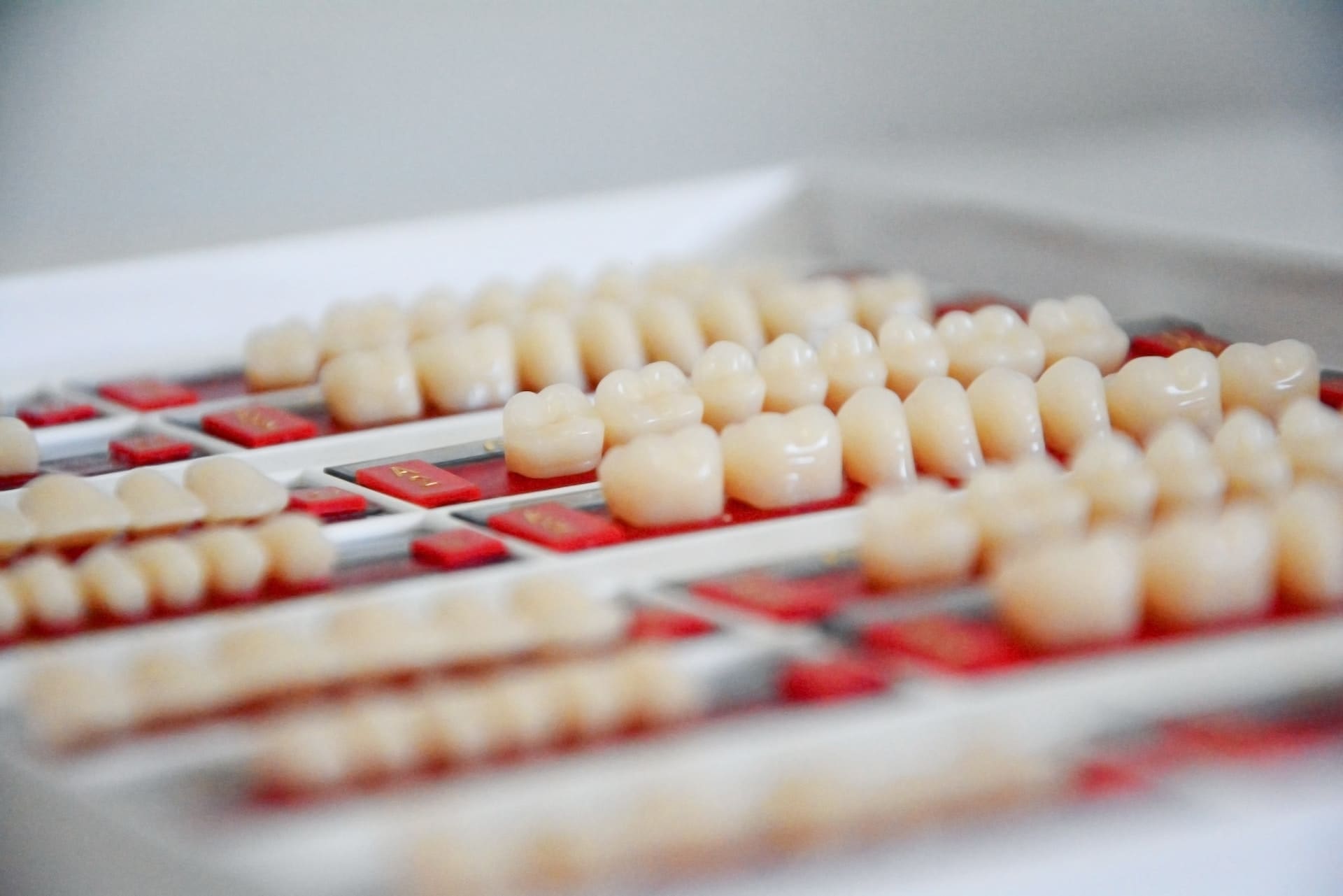
Veneers are thin shells placed on the teeth’ front surface to improve their appearance. They are a popular cosmetic dental treatment that can help patients achieve a beautiful, natural-looking smile. When considering veneers, patients will encounter different types of tooth veneers, each with unique advantages and disadvantages. This article will discuss the five kinds of veneers a patient encounters.
Porcelain Veneers
Porcelain veneers are the most common type used in cosmetic dentistry. They are made from a thin layer of porcelain custom-fitted to the patient’s teeth. The porcelain type is known for its durability, natural appearance, and ability to resist staining. They are also highly customizable, allowing patients to choose their veneers’ shape, size, and color. One of the disadvantages of porcelain veneers is that they are relatively expensive compared to other types of veneers. Additionally, the process of creating and placing porcelain veneers can take several appointments and require some preparation of the teeth. However, the results of porcelain veneers are often worth the investment.Composite Veneers
Composite veneers are made from a tooth-colored composite resin material applied directly to the teeth. They are a more affordable alternative to porcelain veneers and can be completed in a single appointment. Composite veneers are also highly customizable, and the dentist can shape and sculpt the material to create a natural-looking smile. One of the disadvantages of composite veneers is that they are less durable than porcelain veneers and may need to be replaced more frequently. Additionally, they are more prone to staining and may require more frequent cleaning and maintenance.Lumineers
Lumineers are a brand of porcelain tooth veneers known for being ultra-thin. They are made from a patented material thinner than traditional porcelain veneers, allowing for a more conservative approach to tooth preparation. Lumineers are also highly customizable and can be made to match the color and shape of the patient’s natural teeth. One of the advantages of Lumineers is that they can be placed with little to no tooth preparation, meaning that the patient’s natural teeth remain largely intact. However, Lumineers are more expensive than traditional porcelain veneers, and their ultra-thin nature may only suit some patients.Pressed Ceramic Veneers
Pressed ceramic veneers are made from a ceramic material that is created through a specialized manufacturing process. This process involves pressing the ceramic material into a mold, allowing for high customization and precision in creating the veneers. Pressed ceramic veneers are known for their strength, durability, and natural appearance. One of the disadvantages of pressed ceramic veneers is that they are relatively expensive compared to other types of veneers. Treating and placing pressed ceramic veneers can be time-consuming and require multiple appointments.No-Prep Veneers
No-prep veneers are a type of veneer that requires little to no tooth preparation. Instead, they are placed directly onto the front surface of the teeth without the need for drilling or reshaping. No-prep veneers are made from a thin layer of porcelain or composite material and can be highly customizable. One of the advantages of no-prep veneers is that they can be completed in a single appointment and require little to no tooth preparation. However, they may only suit some patients, as they provide less coverage or durability than other veneers.In Closing
Veneers are a popular treatment that can help patients achieve a beautiful, natural-looking smile. Patients will encounter different types, each with unique advantages and disadvantages when considering them. Patients can decide which type is right for them by understanding the different types of veneers available.Smile Wider and Brighter with Our Dental Veneers
Our thin dental laminates are affixed to the front of your teeth, and we will ensure that the color of your tooth veneers matches for the best possible outcome. Call today at (781) 894-0347 for your appointment!Learning Why Having Regular Dental Exams Is a Must
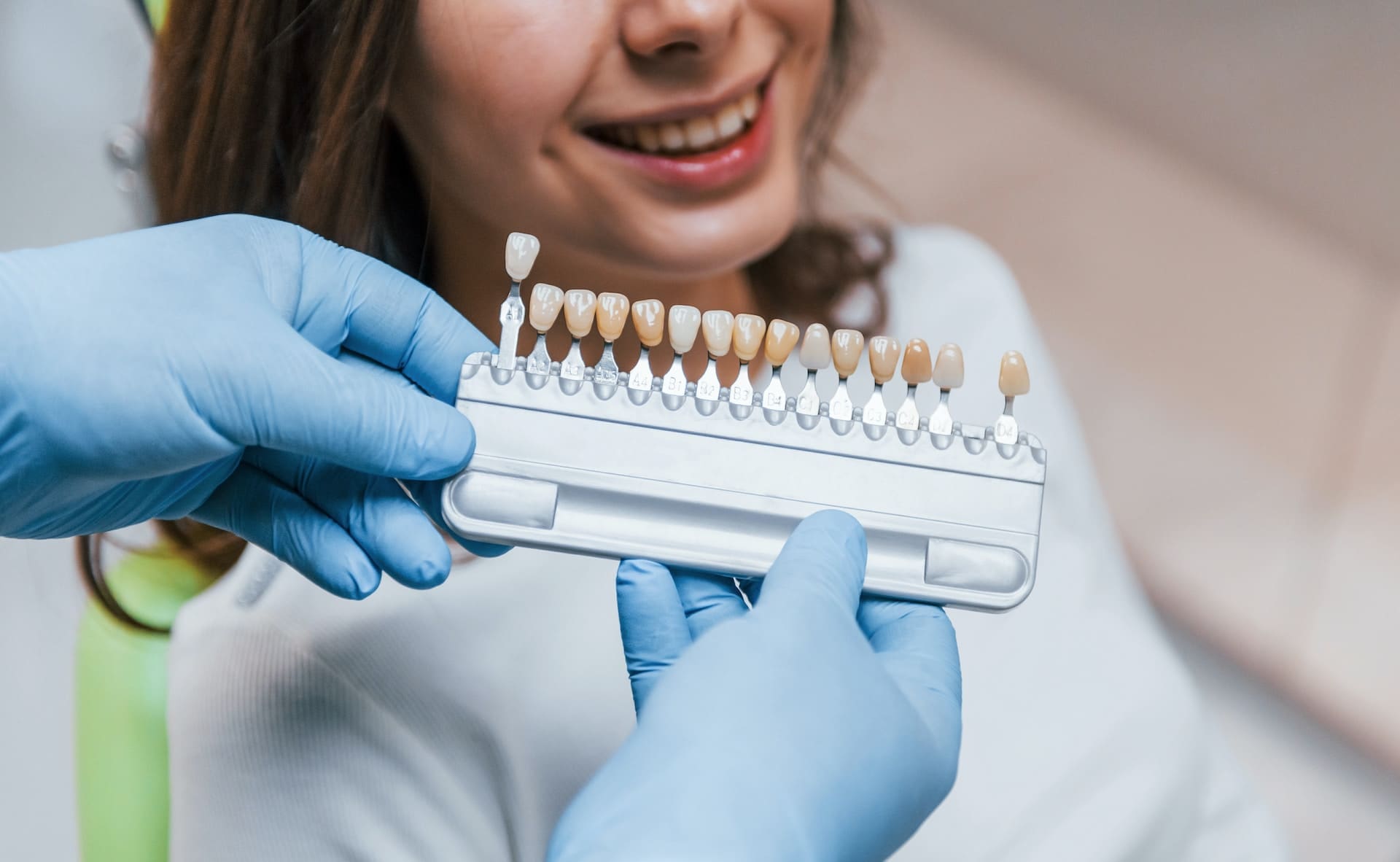
Dental exams are one of the most essential aspects of oral health care. They are crucial in maintaining good oral health and detecting potential dental problems before they become serious. Regular dental exams not only help keep your teeth and gums healthy but also prevent serious dental issues that can lead to pain, discomfort, and costly treatments.
Many people neglect their dental health due to fear or anxiety about visiting the dentist. However, dental exams are not something to be feared. They are a routine, painless procedure that is essential to maintaining good oral health. Dental exams are an opportunity for the dentist to examine your teeth and gums, clean your teeth, and detect any potential dental problems.
In this article, we’ll discuss the top reasons why regular dental exams are important. By understanding the benefits of regular dental exams, you can prioritize your dental health and ensure that you receive the best possible care for your teeth and gums. So, let’s dive in and explore why dental exams are a must for maintaining good oral health.
Early Detection of Dental Problems
Regular dental exams help in detecting dental problems before they become serious. During a dental exam, the dentist will examine your entire mouth for any signs of gum disease, tooth decay, oral cancer, and other dental problems. Early detection of dental problems can save you from a lot of discomfort, pain, and money in the long run.Prevent Gum Disease
This common dental problem often leads to tooth loss if left untreated. Regular dental exams help in detecting gum disease in the early stages. The dentist will examine your gums for any signs of inflammation, bleeding, and pockets. If caught early, gum disease can be treated and even reversed with proper dental care.Maintain Oral Health
Regular dental exams are essential to maintain good oral health. During a dental exam, the dentist will clean your teeth and remove plaque or tartar buildup before polishing your teeth. This helps prevent tooth decay and gum disease, keeping your teeth and gums healthy.Save Money in the Long Run
Regular dental exams can save you a lot of money in the long run. Dental problems, if left untreated, can become serious and require expensive treatments. Early detection of dental problems can help prevent costly procedures, and routine dental care can help prevent dental issues from occurring in the first place.Improve Overall Health
Oral health is closely linked to overall health. Poor oral health can lead to a variety of health problems. Regular dental exams help in maintaining good oral health, which in turn helps improve overall health.Final Thoughts
Dental exams are a crucial aspect of oral health care that should not be neglected. Regular dental exams help in detecting potential dental problems before they become serious, preventing gum disease, maintaining oral health, saving money, and improving overall health. It is recommended to visit the dentist at least twice a year for regular dental exams. By prioritizing your dental health and scheduling regular dental exams, you can prevent serious dental problems, maintain healthy teeth and gums, and improve your overall health. Don’t let fear or anxiety prevent you from receiving the best possible dental care. Dental exams are a routine and painless procedure essential to good oral health. So, schedule your next dental exam today and take the first step towards a healthy and beautiful smile! Are you looking for a dental office in Weston, MA? Turn to Weston Dental Specialists Group. We are open to all dental care procedures. Call today!7 Popular Myths about Tooth Extraction That You Need to Know

Tooth extraction is a common dental procedure, but that doesn’t mean everyone knows everything about it. Unfortunately, there are some myths out there about tooth extraction that can lead to misconceptions and even incorrect assumptions.
To help ensure you have the right information, here are some of the surprising myths about tooth extraction that you need to know.
Myth #1: Tooth Extractions Are Painful
This is one of the biggest myths about tooth extraction that needs to be debunked. While it is true that the procedure itself may be slightly uncomfortable, the truth is that the process is rarely painful. Modern dentistry and technology have advanced to the point that the extraction process can be done quickly and with little to no discomfort. Your dentist will also provide you with anesthesia and pain medication to ensure that you don’t experience any pain or discomfort at all.Myth #2: You Need to Replace Missing Teeth Immediately
While it is true that you should talk to your dentist about tooth replacement options, it isn’t necessary to replace the tooth right away. In some cases, you may opt to wait a few months or even a year before getting a replacement.Myth #3: It Is Difficult to Recover From a Tooth Extraction
Recovery from a tooth extraction is typically fairly simple and straightforward. Your dentist will provide you with instructions on how to care for the extraction site and how to manage any swelling or discomfort you may experience. Additionally, most patients are able to return to their normal activities within a few days of having the tooth extracted.Myth #4: Tooth Extractions Are Dangerous
Another myth about tooth extraction is that it is a dangerous procedure. While there are always risks associated with any type of dental procedure, tooth extraction is actually very safe. Your dentist will take all the necessary precautions to ensure the procedure is done safely and minimize potential risks.Myth #5: Tooth Extraction Scars the Jawbone
This is not true. Although tooth extraction can leave a small hole in the jawbone, the site usually heals quickly and without leaving any visible scarring.Myth 6: You Should Wait for the Tooth to Come Out on Its Own
If you have a tooth that is infected or decayed, it is important that you seek dental treatment as soon as possible. Waiting for the tooth to come out on its own can lead to more serious dental issues. It is best to have the tooth extracted by a professional dentist as soon as possible.Myth #7: Tooth Extraction Can Cause a Headache
This is not true. Tooth extraction does not cause headaches. In fact, the only way that tooth extraction can cause a headache is if the patient experiences a severe reaction to the anesthetic.Conclusion
We hope that this blog post has helped to dispel some of the most common myths about tooth extraction. While there are certainly some myths out there about tooth extraction, the truth is that it is typically a fairly straightforward and safe procedure. Your dentist will provide you with all the information you need to know ahead of time and will ensure that you are comfortable throughout the entire process. If you have any questions or concerns about tooth extraction, be sure to talk to your dentist. They can provide you with the facts and help you make an informed decision about whether or not tooth extraction is right for you. At Weston Dental Specialists Group, we believe in providing personalized care for each of our patients. We are committed to helping you achieve and maintain a healthy, beautiful smile. If you are looking for reliable dental specialists, book an appointment with us today!What to Expect During a Dental Veneer Fitting Procedure
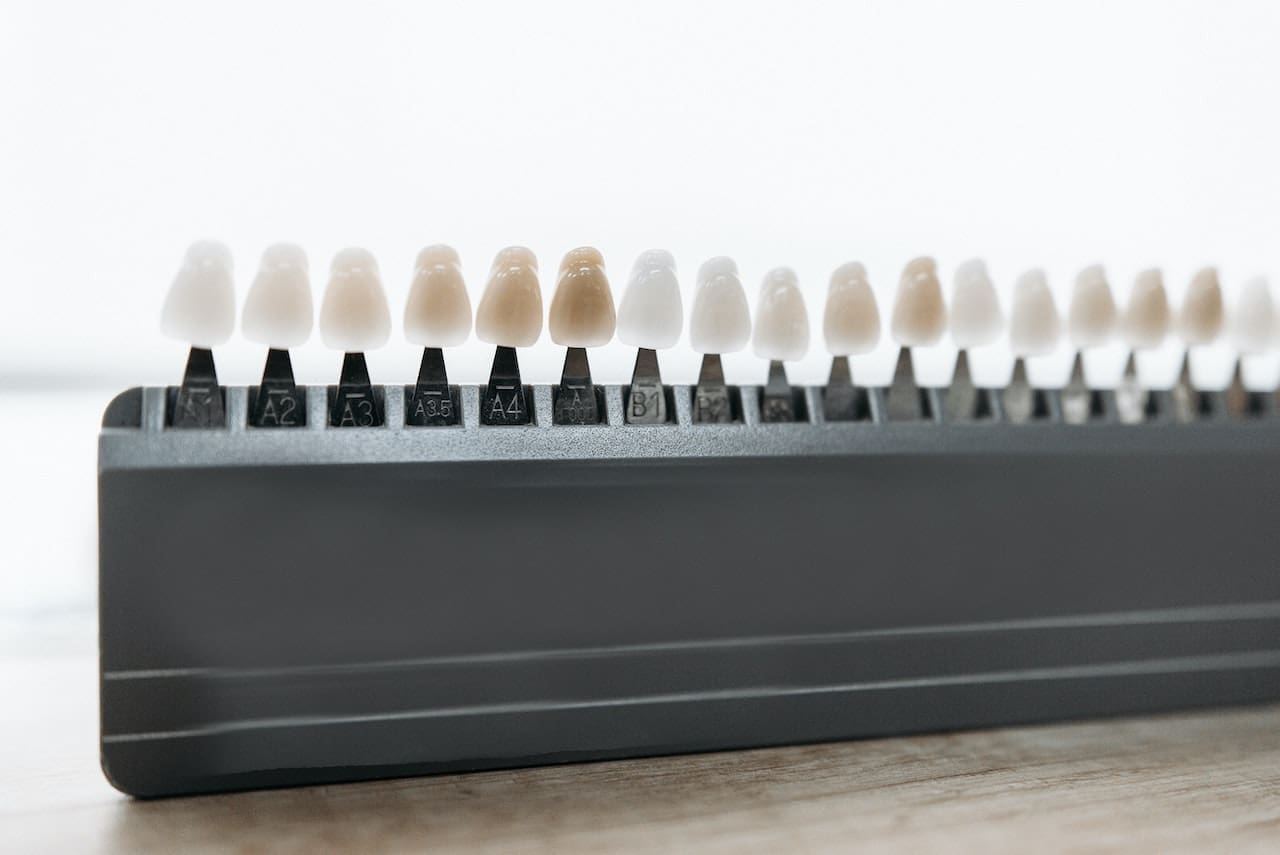
We all have a few imperfections to our smiles. Some of us need more help than others in hiding those imperfections.
There are many ways to make your smile look better, and one that you might not have heard of is dental veneers. If you’re considering improving your smile, you should know what to expect during a dental veneer fitting procedure.
This article will go over everything involved so that you can decide whether or not this is the right treatment option for you.
What are Dental Veneers?
Dental veneers are thin, custom-made shells that can be placed over the front of teeth to improve the appearance of a smile. A dental veneer is made from porcelain and can fix cosmetic issues, like chips, cracks, stains, or gaps between teeth. The procedure is quick and simple, but knowing what to expect before you go in for your first appointment is important.What is the Dental Veneer Fitting Process?
The dental veneer fitting process involves several steps over one or two visits to your dentist’s office. Here is a breakdown of the process:- Consultation: During the consultation, your dentist will examine your teeth and discuss your goals and expectations for the procedure. They will also review your dental records and X-rays to ensure that veneers are the right option.
- Tooth Preparation: To prepare your teeth for the veneers, your dentist will remove a small amount of enamel from the surface of your teeth. This is necessary to make room for the veneers and ensure they fit properly. The amount of enamel that is removed is typically less than a millimeter.
- Impressions: After your teeth have been prepared, your dentist will take impressions of your teeth. This involves using a putty-like material to imprint your teeth, which is then used to create a wax model of your mouth. This will ensure that the veneers are the right size, shape, and color to match your teeth.
- Temporary Veneers: Sometimes, your dentist may place temporary veneers on your teeth until the permanent veneers are ready. These temporary veneers are made from a composite resin material designed to protect your teeth while the permanent veneers are being created.
- Permanent Veneers: Once ready, your dentist will put them on your teeth using dental cement and a special light to bond them in place. They will then make any necessary adjustments to ensure the veneers fit properly and feel.
- Final Adjustments: Your dentist will adjust the veneers, such as shaping or polishing that they look and feel natural.
- Post-procedure care: After placing the veneers, your dentist will provide instructions on how to care for them. This may include avoiding certain foods and drinks, brushing and flossing properly, and scheduling regular dental checkups.

